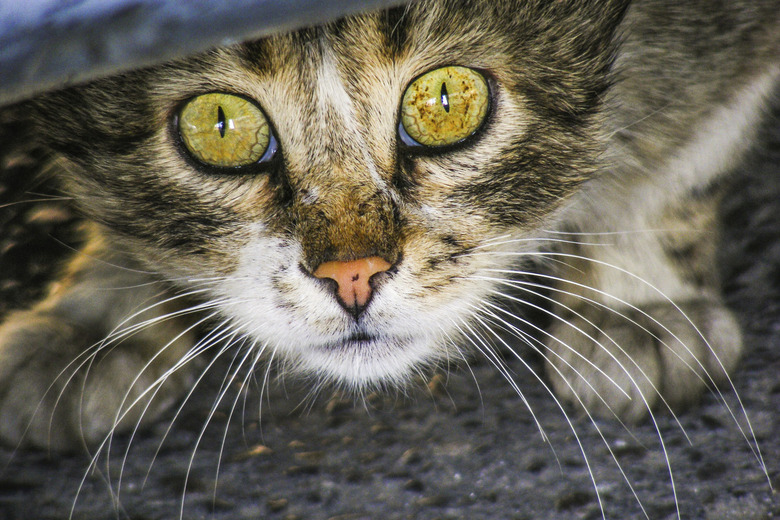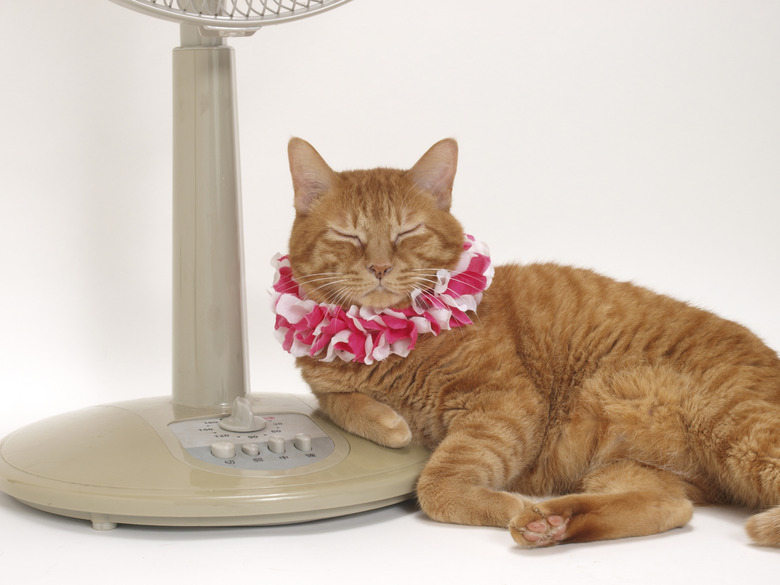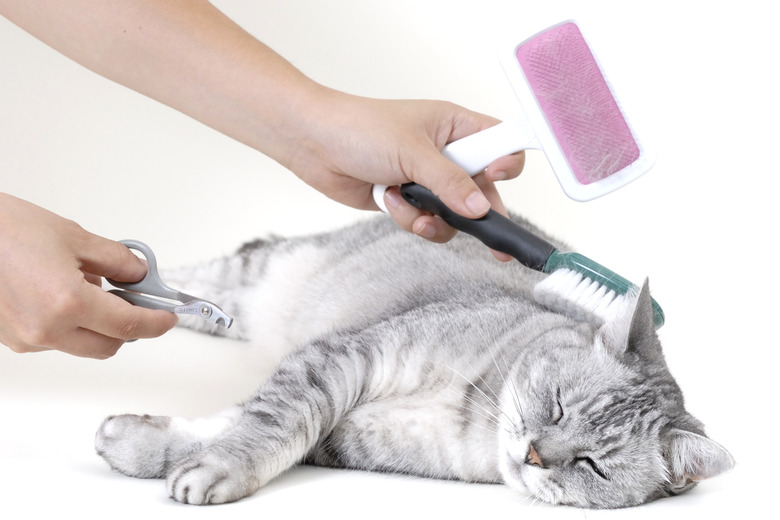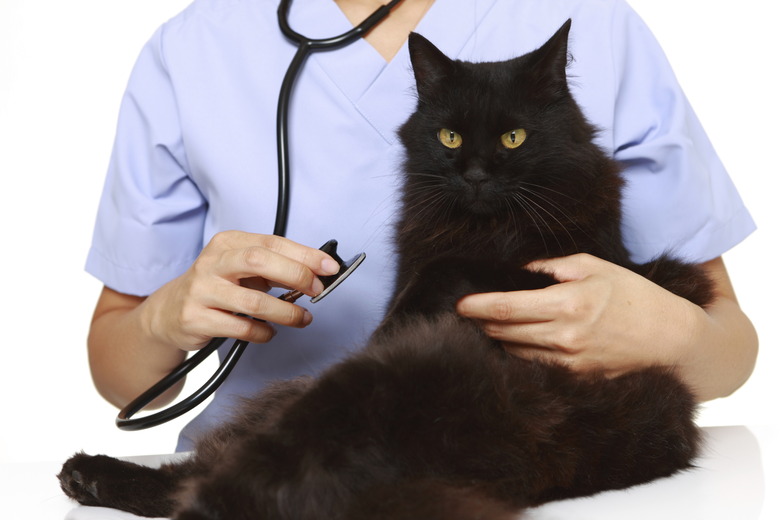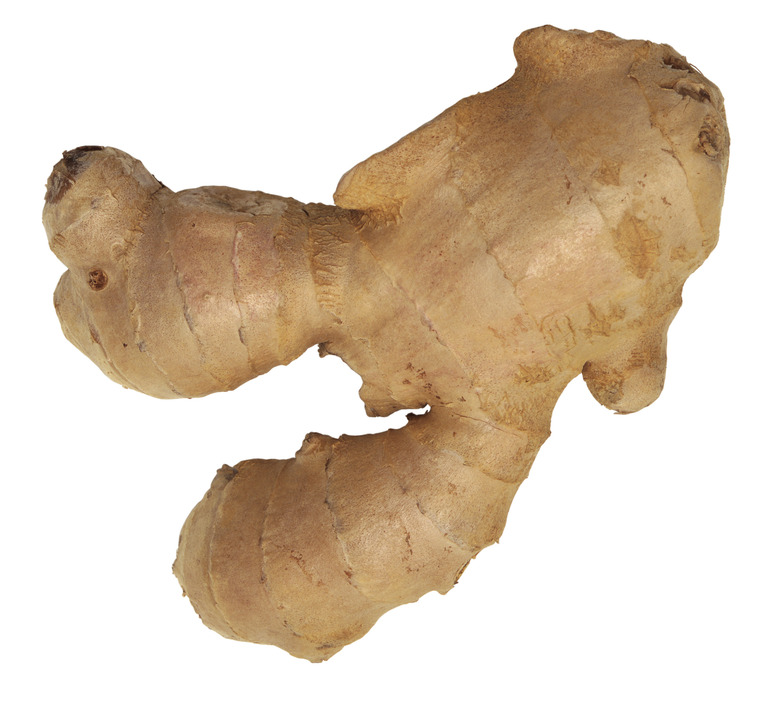Calming A Cat With Gravol
Gravol is a medication designed to help children and adults with motion sickness, and it has been effective for use with cats and dogs, too. It is not considered a veterinary medicine, though; let your vet explain whether it's suitable for your cat and how much to give.
How Gravol Works
How Gravol Works
Gravol is a brand name for an antihistamine called dimenhydrinate. Another brand name for dimenhydrinate that you may have heard of is Dramamine. Dimenhydrinate works by preventing the sensory system of the inner ears from being overstimulated. This is the part of the ears that is responsible for balance and motion — and preventing overstimulation can help prevent motion sickness. Antihistamines are also known for causing drowsiness in some people, and it has been found to calm some cats.
How to Administer Gravol
How to Administer Gravol
You must let your vet make dosage decisions for Gravol; you can't be sure the package directions will apply to your cat. Administer Gravol at least a half-hour before traveling. Getting cats to take pills is not an easy task. One method is to hide the pill in a treat. Other methods are giving the pill by hand and using a pill popper. A pill popper looks like a syringe but is longer and larger. Using a pill popper makes it easy to get the pill to the back of your cat's throat, causing the cat to naturally swallow.
Other Uses for Gravol
Other Uses for Gravol
In addition to helping with motion sickness, antihistamines appear to have a calming affect that can help with anxiety, too, according to veterinarian Jason Nicholas. Ask your veterinarian about using Gravol to help your cat in other stressful situations, too. Things that are not part of a cat's normal routine often cause the cat to feel uncomfortable and anxious. Going to the groomer, having unfamiliar people over to your house, and adding a family member or another pet are examples of situations that may cause a cat discomfort. Consult your veterinarian before giving Gravol for any situation.
Potential Side Effects of Gravol
Potential Side Effects of Gravol
Watch for some potential side effects. If your cat has an allergic reaction to the drug, you may notice weakness, lethargy, loss of appetite, vomiting or diarrhea. A severe allergic reaction can result in difficulty breathing or loss of consciousness. Contact your veterinarian immediately if you notice any such reaction.
A Natural Option
A Natural Option
Ginger is known to be a natural remedy for motion sickness, and it also has other health benefits for both humans and cats. Karen Rosenfeld, the Ottowa Valley Dog Whisperer, says ginger can help cats and dogs with pain, arthritis, gas, coughing, bronchitis, loss of appetite and more. The Gravol brand stable includes a natural formula made with ginger; it does not contain dimenhydrinate. You should also consult your veterinarian before using ginger for your cat.
